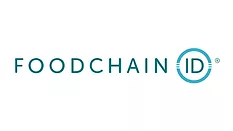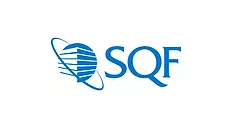
Audits/Certification/GFSI
Audits are an important tool for verifying the safety and quality of a company's or facility's food products. Audits are conducted both internally and by certified third-party certification entities. The Global Food Safety Initiative (GFSI) is a private organization that benchmarks different auditing certification platforms as meeting its criteria to provide a harmonized umbrella certification.
Articles
More ArticlesPodcasts
More PodcastsNever miss the latest news and trends driving the food safety industry
Newsletters | Website | eMagazine
JOIN TODAY!Copyright ©2026. All Rights Reserved BNP Media.
Design, CMS, Hosting & Web Development :: ePublishing



